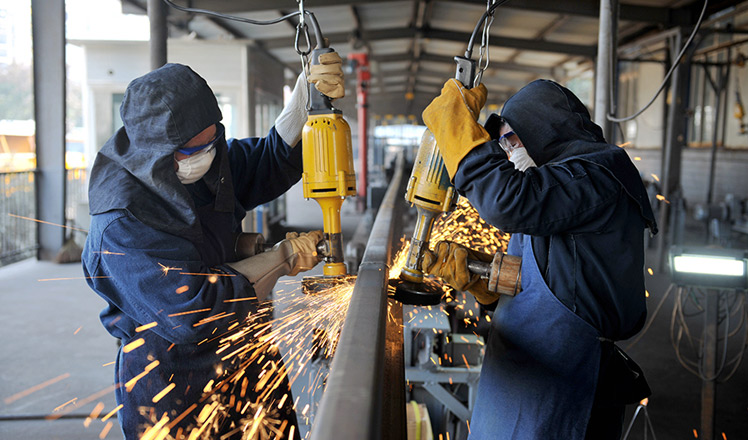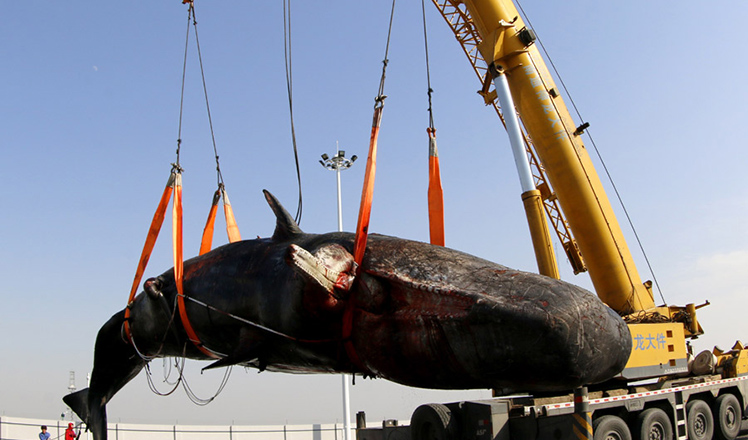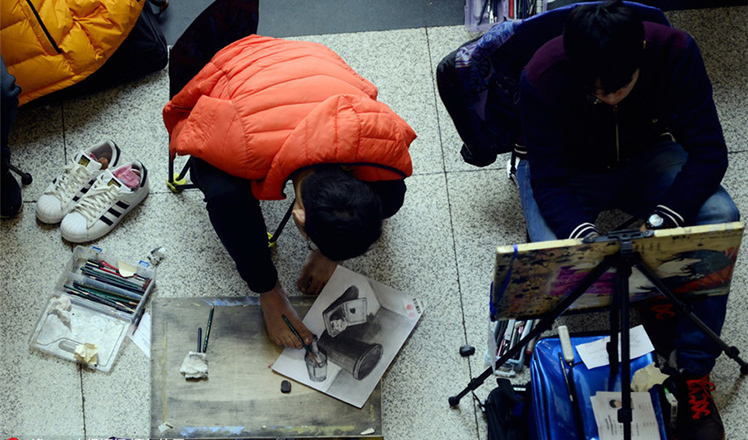Beijing 'regrets' EU solar decision
Updated: 2012-09-07 08:04
By Du Juan in Beijing, Li Jiabao in Xiamen and Fu Jing in Brussels(China Daily)
|
||||||||
Anti-dumping investigation will damage sector globally, analysts say
Beijing "deeply regrets" the decision by the European Commission to launch an investigation into the alleged dumping of solar panel products.
The probe is expected to damage the industry globally.
China exported nearly $26 billion of solar panels and products to Europe last year.
"China deeply regrets that the European Commission decided to start the probe, even though the country has called many times to solve the problem through discussions and cooperation," Shen Danyang, spokesman of the Ministry of Commerce, said in a statement on Thursday.
"Restricting China's solar panel products will not only hurt the interests of both Chinese and European industry, it will also undermine the healthy development of the global solar and clean energy sector."
He urged the European Union to scrap protectionist measures and not to introduce new protectionist trade and investment policies before 2014.
The EU statement said the investigation is expected to last 15 months. But "it is possible according to trade defense rules to impose provisional anti-dumping duties within 9 months, provided there is sufficient prima facie evidence of dumping".
Chinese manufacturers of solar - or photovoltaic - panels have denied that China was providing any illegal subsidies, noting that the industry is in the midst of a radical transition as the cost of products drops.
There were warnings that Beijing will retaliate.
The case will be the largest trade dispute involving China, said Xu Ruilin, head of the Solar Industry Association in Jiangsu province, where most major solar companies are located.
The investigation came after a complaint by a group of European solar companies in July led by Germany's SolarWorld AG. The company also started anti-dumping and subsidy cases concerning China's solar panel exports to the US in October 2011.
The US Commerce Department in May levied tariffs against several Chinese manufacturers, alleging they sold their products below cost.
China exports $35.8 billion of solar products last year.
The EU move is a blow against China's solar industry, said Zhou Shijian, a senior trade expert at Tsinghua University.
"The probes by the US and the EU into Chinese solar products are not based on economics. They are political and aim to seize a vantage place in the new energy industry," he said. "It's time for the government to stand up."
Sang Baichuan, head of the Institute of International Business at the University of International Business and Economics in Beijing, said the investigation will add pressure on exports.
He urged the government to take countermeasures.
A European Commission source, who declined to be identified, said the launch of the anti-dumping case was "legally necessary".
Coincidentally, the investigation was announced just as the annual report of the European Union Chamber of Commerce in China called for more equal market access for European businesses.
The investigation will issue a provisional finding within nine months, the source said.
The European Council will make a final decision on the case by Dec 5, 2013.
Dennis Pamlin, founder of Sweden-based consultancy company 21st New Frontiers, said the decision by Brussels "was not smart" if the EU wants to champion a low-carbon era.
Brussels attacking China for providing low prices for solar solutions not only undermines the EU as a green champion, it also demonstrates that the EU looks at short-term populism instead of long-term collaboration and employment, Pamlin said.
Chinese industrial associations reacted in a more focused way than they did when the United States introduced tariffs.
As the representative of Chinese solar companies, the China Chamber of Commerce for the Import and Export of Machinery and Electronic Products immediately announced its objection and dissatisfaction to the decision on Thursday afternoon.
It mentioned the recent visit to Beijing by the German Chancellor Angela Merkel who said countries should solve trade disputes through dialogue. "We hope that European countries can take measures against protectionism and maintain stable and healthy development between the two sides," the statement said.
Sang Baichuan with the University of International Business and Economics said it's necessary for solar panel makers to reduce dependence on developed markets and cultivate emerging markets.
At present, about 90 percent of Chinese solar products are exported.
Zhao Yuwen, vice-chairman of the Chinese Solar Energy Society, said the key to solving the problem of China's solar industry is to expand the domestic market.
"The government should balance manufacturing industries and market demand," he said.
He said that the possibility of the European Commission winning the case is high.
Darren Thompson, managing director of the European branch of Yingli Green Energy, said protectionism will damage the solar industry.
Protectionism will stop declining costs, which will lead to more government subsidies for the industry, he said.
Gao Jifan, CEO of Trina Solar, said that Chinese solar companies have to raise quality, regulate the market and enhance international cooperation.
Contact the writer at dujuan@chinadaily.com.cn
(China Daily 09/07/2012 page1)
- Ticket scalpers face crackdown at Beijing hospitals
- Judicial DNA test in hot demand after policy change
- Lanterns light up the night across China
- Kazakh judge goes the extra mile to help ethnic villagers
- One of the two dead sperm whales in East China salvaged
- Paid menstrual leave provokes controversy in China
- Britain scrambles fighters to intercept Russian bombers
- Chinese community to protest against Peter Liang's verdict
- Car bomb attack on military in Turkish capital kills 28
- Turkey's Erdogan says to fight forces behind Ankara bombing
- 'Grim Sleeper' murder trial begins six years after arrest
- Cameron defends EU deal as lawmakers offer no guarantees

 Madonna's world tour lands in Hong Kong
Madonna's world tour lands in Hong Kong
 Producing high-speed rail tracks
Producing high-speed rail tracks 
 Surreal world created by Canadian photographer
Surreal world created by Canadian photographer
 Lanterns light up the night across China
Lanterns light up the night across China
 Trees blossom across China as temperature rises
Trees blossom across China as temperature rises
 One of the two dead sperm whales in East China salvaged
One of the two dead sperm whales in East China salvaged
 Armless student pursues painting dream
Armless student pursues painting dream
 62-year-old folk artist carries on firecracker dragon lantern
62-year-old folk artist carries on firecracker dragon lantern
Most Viewed
Editor's Picks

|

|

|

|

|

|
Today's Top News
Investigation for Nicolas's campaign
Will US-ASEAN meeting be good for region?
Accentuate the positive in Sino-US relations
Dangerous games on peninsula will have no winner
National Art Museum showing 400 puppets in new exhibition
Finest Chinese porcelains expected to fetch over $28 million
Monkey portraits by Chinese ink painting masters
Beijing's movie fans in for new experience
US Weekly

|

|








